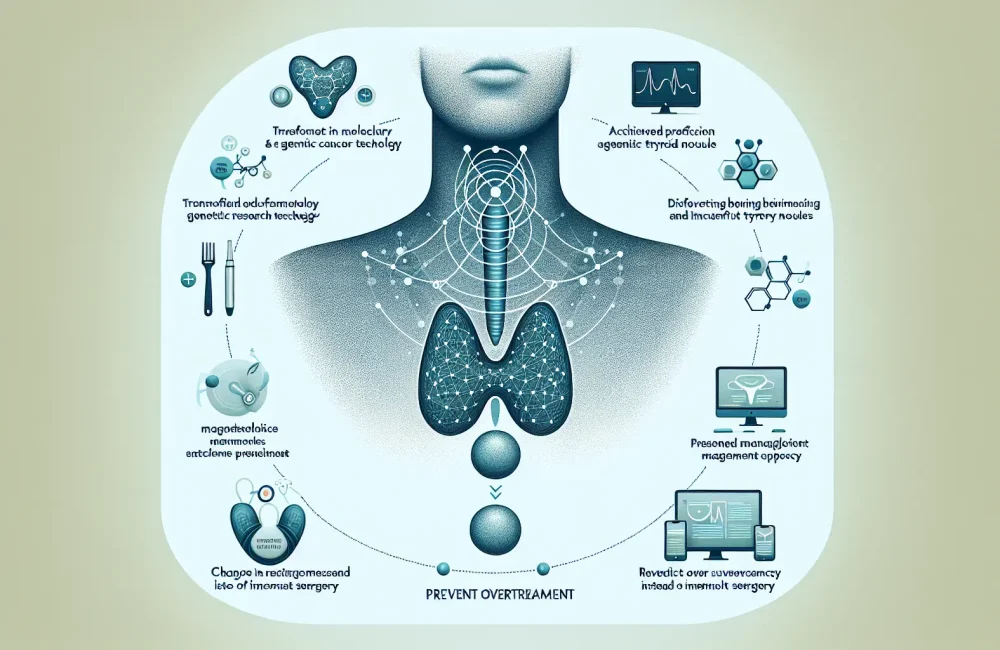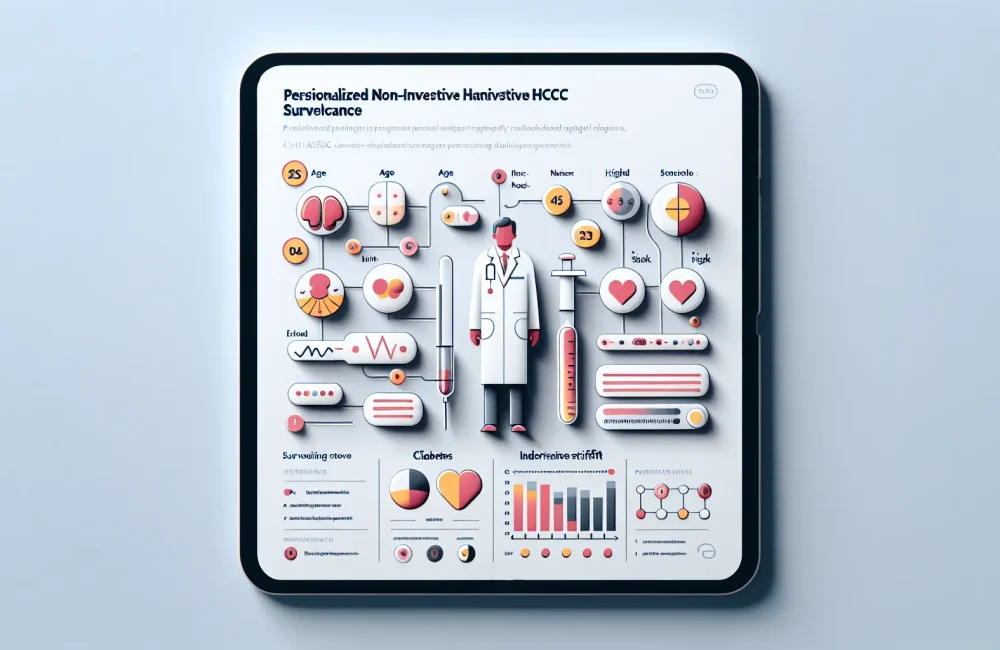By CAFMI AI From New England Journal of Medicine
Significant Survival Benefit of Nivolumab Plus Chemotherapy in Resectable NSCLC
Lung cancer remains one of the most challenging malignancies worldwide, being the leading cause of cancer-related deaths. The study under review evaluates a groundbreaking advancement in the treatment of resectable non-small-cell lung cancer (NSCLC), specifically stages IB to IIIA. The focus is on the integration of neoadjuvant nivolumab, an immune checkpoint inhibitor targeting PD-1, combined with standard platinum-doublet chemotherapy, versus chemotherapy alone. The purpose was to assess overall survival improvement, a critical clinical outcome for patients undergoing curative-intent surgery.
This randomized clinical trial enrolled 550 patients who underwent either combined therapy or chemotherapy prior to surgery and followed them for a median of 36 months. Results demonstrated a statistically and clinically significant survival advantage in favor of the combination therapy group, with a hazard ratio of 0.68 (95% CI, 0.52 to 0.88; P=0.003), indicating a 32% reduction in mortality risk compared to chemotherapy alone. These findings mark a substantial step forward in the management of early-stage NSCLC by incorporating immunotherapy into neoadjuvant treatment.
This survival improvement is critical to clinicians as it directly correlates with patient prognosis and guides preoperative treatment planning. The study confirms the added value of immunotherapy in enhancing the efficacy of traditional chemotherapy, which has historically been limited in enhancing long-term survival. Such evidence supports updating treatment protocols to adopt nivolumab plus chemotherapy as a new standard of care for eligible NSCLC patients, potentially shifting clinical practice to improve patient outcomes systematically.
Enhanced Pathological Response and Safety Profile with Combination Therapy
Beyond survival benefits, the neoadjuvant combination therapy also significantly impacted pathological response rates and safety, two essential considerations for clinicians managing lung cancer preoperatively. Pathological complete response (pCR), defined as the absence of residual viable tumor cells in resected tissue, was significantly higher in the nivolumab plus chemotherapy arm at 34% compared to 8% in the chemotherapy-only group. Achieving pCR has been associated in previous studies with longer disease-free survival and lower recurrence rates, which can inform postoperative management and surveillance strategies.
Moreover, event-free survival (EFS), an endpoint reflecting the duration patients remain free from progression or recurrence, was significantly longer with the combined treatment. These efficacy outcomes reinforce the combined regimen’s role not only in improving survival but in achieving deeper tumor eradication before surgery.
Importantly, the safety profile of adding nivolumab did not lead to increased severe adverse events. Grade 3 or higher toxicities were comparable between groups, indicating manageable safety. This is crucial since intensified neoadjuvant regimens often raise concerns about treatment-related morbidity that could delay surgery or reduce patient fitness. Here, the combination maintained tolerability, supporting its feasible incorporation into treatment workflows. Clinicians must balance efficacy with safety, and this study provides reassurance that the combination therapy can be administered safely in the neoadjuvant setting.
Clinical Implications and Future Directions in Early-Stage Lung Cancer Management
The implications of these findings extend broadly to clinical practice, especially for healthcare providers in the United States managing early-stage NSCLC. The demonstration of both survival and pathological advantages with a manageable safety profile informs guideline development and individualized patient counseling. For instance, explaining to patients the potential benefits of immunotherapy addition, including improved survival odds and tumor response, alongside the risk profile, can aid shared decision-making.
From a workflow perspective, this evidence supports integrating immunotherapy into neoadjuvant protocols, necessitating coordination among multidisciplinary teams—medical oncology, thoracic surgery, radiology, and pathology—to optimize timing and assessment. The improved pathological responses may also impact surgical planning, potentially influencing the extent of resection and postoperative monitoring strategies.
Future research areas include longer-term follow-up for late survival benefits, investigating biomarkers predictive of response to nivolumab, and exploring combination regimens with other immunotherapeutic agents or targeted therapies. Additionally, real-world studies post-approval will help assess efficacy and safety outside clinical trial settings, further refining patient selection and management. Overall, this pivotal trial signals a shift towards incorporating immunotherapy early in lung cancer treatment, offering hope for improved outcomes in a historically difficult-to-treat disease.
Read The Original Publication Here






